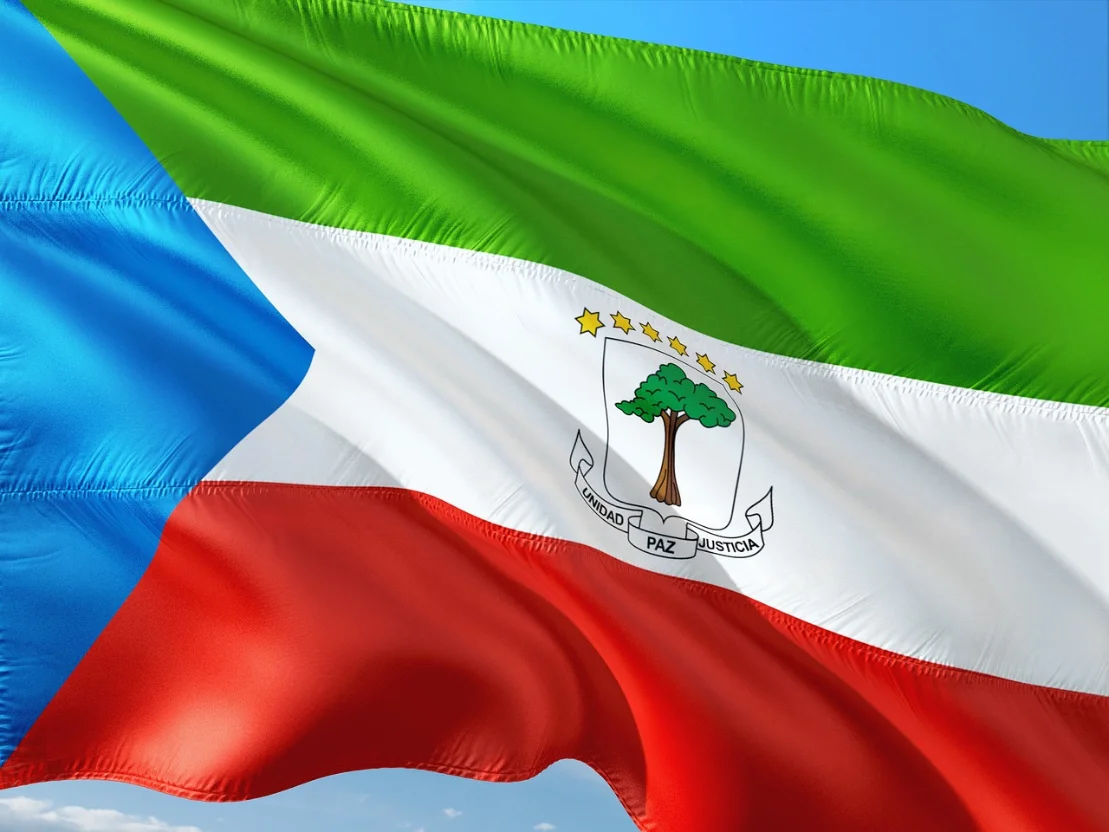The International Monetary Fund (IMF) predicts that the economy of Equatorial Guinea, which is the smallest member of OPEC in terms of capacity, will go back into a recession this year.
According to the IMF’s latest report, the nation’s economy is expected to contract by as much as 7.8% after it grew by 3.2% in 2022. This decline is mainly due to a drop in oil production and slower growth in the non-oil sector. The IMF, which recently visited the country, stated that these factors are the key reasons for the economic downturn.
Mesmin Koulet-Vickot, who led the IMF team during their visit to the capital, Malabo, explained, “The nation’s economy is projected to remain in recession due to a continued decrease in oil production and a sluggish non-hydrocarbon economy.”
The IMF suggests that the government of Equatorial Guinea should concentrate on increasing its income from sources other than the oil industry. They have also agreed to gradually eliminate fuel subsidies, reduce spending on non-essential projects, and take steps to combat corruption.
Equatorial Guinea faced a seven-year period of economic decline up until 2021. This was primarily due to falling oil prices, which were worsened by OPEC’s production cuts. Additionally, the devastating incident in 2021 in Bata, the country’s largest city and commercial hub, contributed to the economic downturn. A series of explosions at a military base, caused by improperly stored explosives, resulted in the loss of over 100 lives, extensive damage to the city, and the suspension of exports, including crude oil, from the nearby port.



